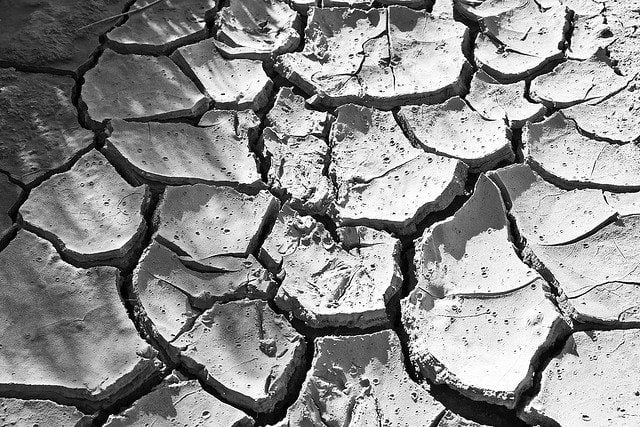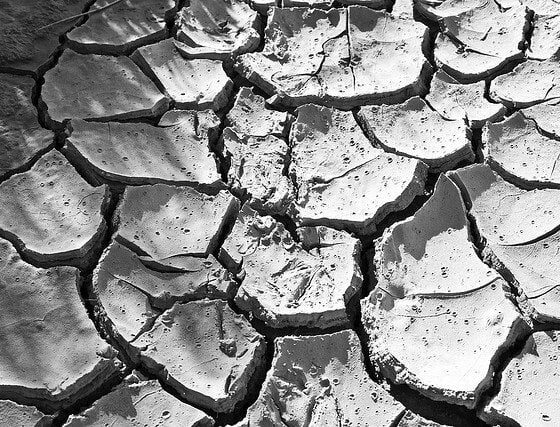

Economy
UN calls for investment in disaster resilience as costs reach $300bn per year
The UN is calling on countries to increase investment in risk reduction strategies after it revealed in a report that the cost of disasters worldwide has reached an average of $250 billion (£164) to $300 billion (£197bn) every year.
The Global Assessment Report on Disaster Risk Reduction has been published ahead of a conference on disaster reduction taking place in Sendai, Japan, between the 14 and 18 March.
The UN argues that climate change is already increasing the risk of disasters, from droughts to flooding, and impacting low and middle-income countries. As the global economic losses from disasters are expected to continue rising, the organisation says this could hinder countries’ paths to achieving sustainable development, making risk reduction central to social, economic and environmental progress.
“If we do not address risk reduction, future losses from disasters will increase and this will impact countries’ capacity to invest money in other areas such as health and education,” commented Margareta Whalström, the UN secretary-general’s special representative on disaster risk reduction.
“If we do not take the necessary measures now, it will be difficult to achieve development, let alone sustainable development.”
She added that the report should serve as a “wake-up call” for countries to increase their commitment to investment in smart solutions and strengthen their resilience to disasters.
The report estimate that an annual global investment of $6 billion (£3.9bn) in disaster risk management strategies would generate total benefits in terms of risk reduction of $360 billion (£237bn), the equivalent to a 20% reduction of new and additional annual economic losses.
Furthermore, the $6 billion (£3.9bn) figure represent just 0.1% of the $6 trillion (£3.9tn) that will have to be invested in infrastructure over the next 15 years, highlighting that it is an achievable goal.
Following the launch, UN secretary-general Ban Ki-moon warned that dangerous and unacceptable levels of risk from disasters threaten the world. He said, “Growing global inequality, increasing exposure to natural hazards, rapid urbanisation and the overconsumption of energy and natural resources threaten to drive risk to dangerous and unpredictable level with systemic global impacts.”
Ban added, “We are playing with fire, There is a very real possibility that disaster risk, fuelled by climate change, will reach a tipping point beyond which the effort and resources necessary to reduce it will exceed the capacity of future generations.”
Photo: Bert Kaufmann
Further reading:
China blames climate change for £41bn natural disaster bill
COP19: rich countries ‘have a moral responsibility’ to disaster-struck developing nations
Urbanisation amplifies risk of natural disasters, says report
Majority of climate change news stories focus on disaster and uncertainty
Eat less meat and dairy to dodge climate disaster, urges study


 Environment12 months ago
Environment12 months agoAre Polymer Banknotes: an Eco-Friendly Trend or a Groundswell?

 Features11 months ago
Features11 months agoEco-Friendly Cryptocurrencies: Sustainable Investment Choices

 Features12 months ago
Features12 months agoEco-Friendly Crypto Traders Must Find the Right Exchange

 Energy11 months ago
Energy11 months agoThe Growing Role of Solar Panels in Ireland’s Energy Future





























